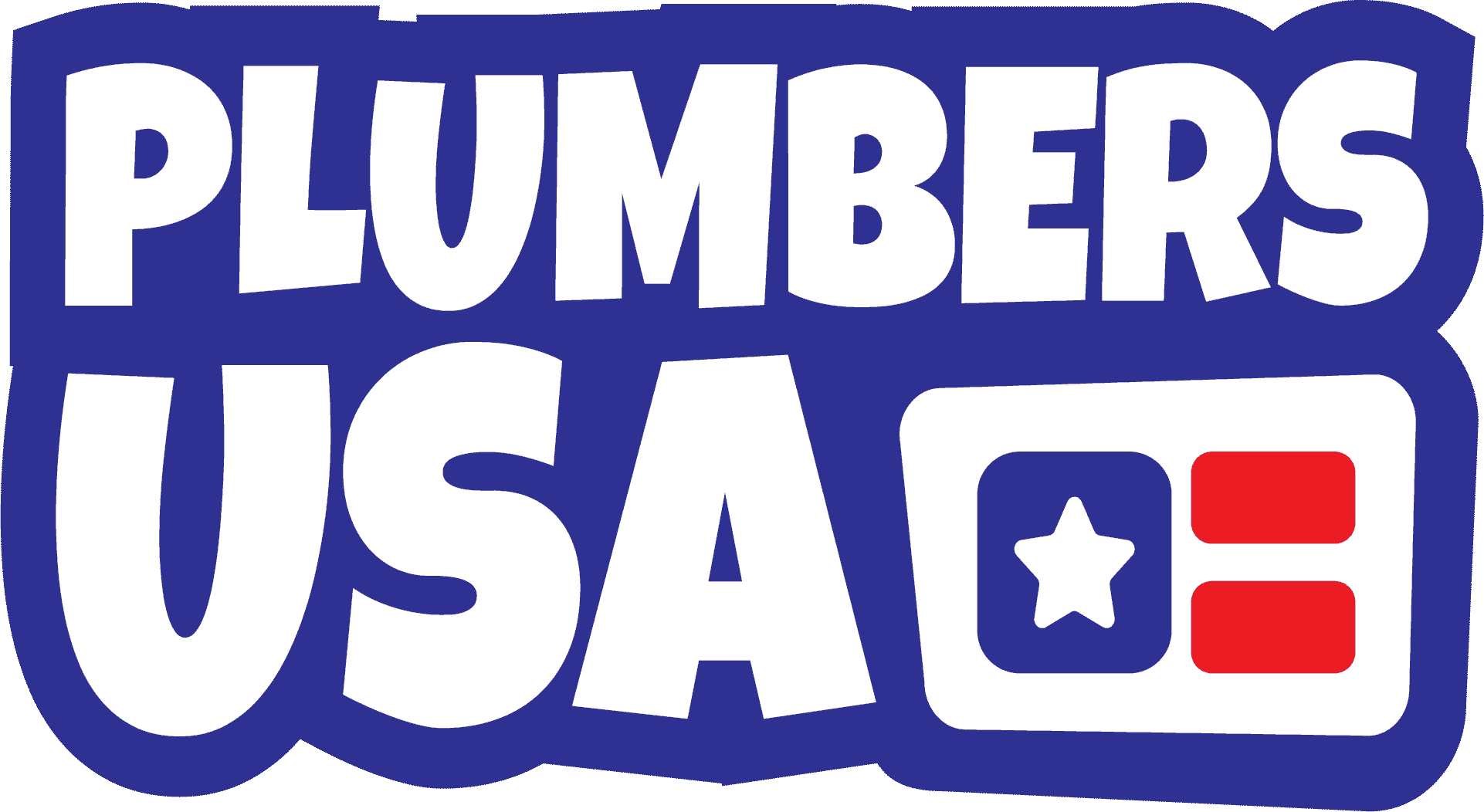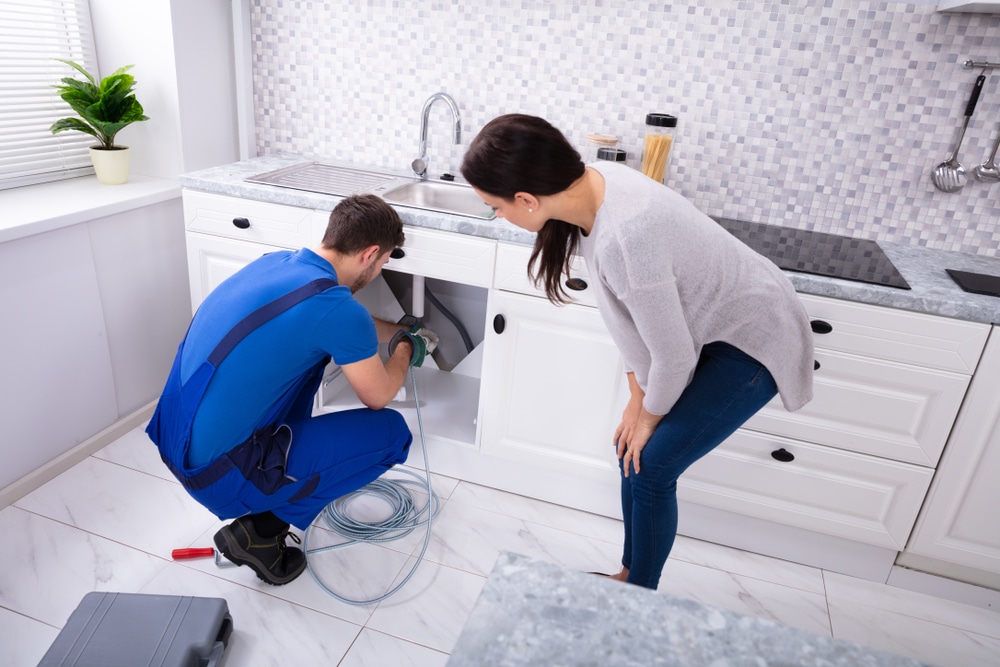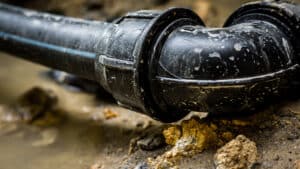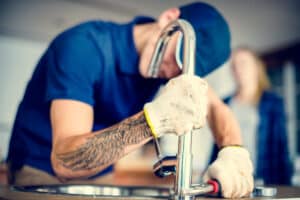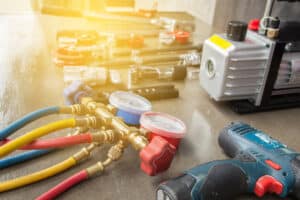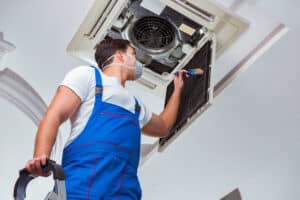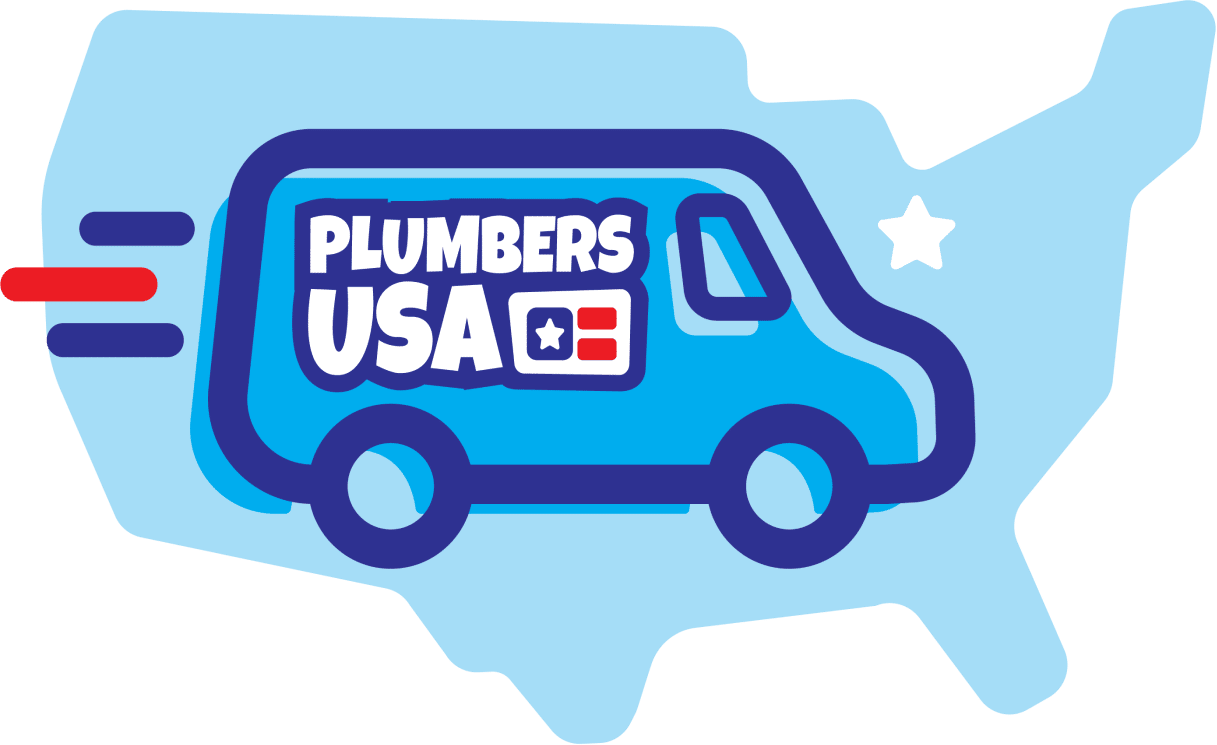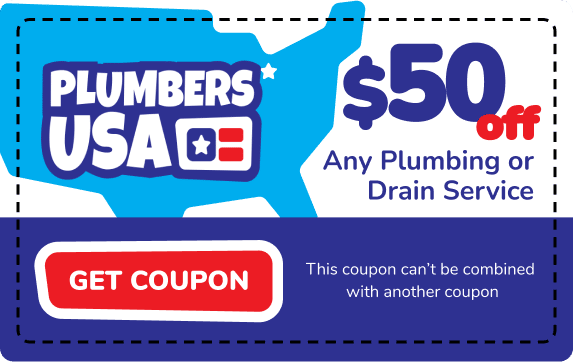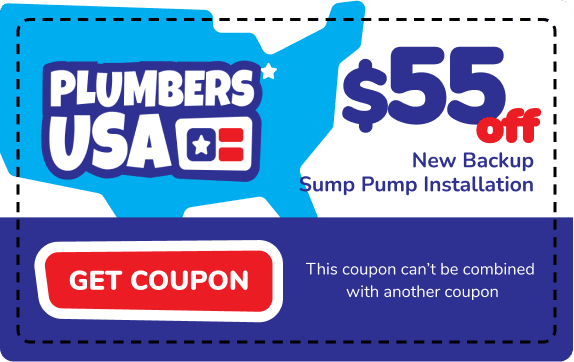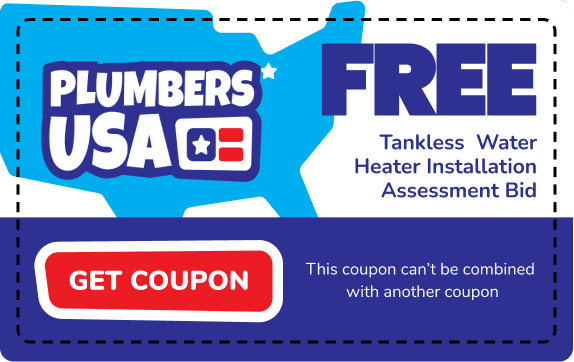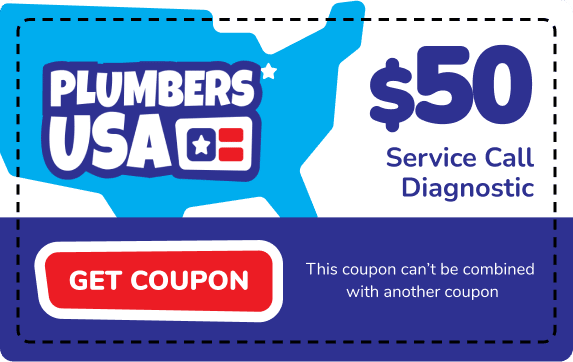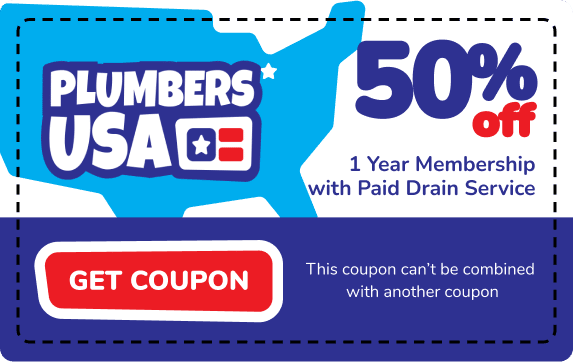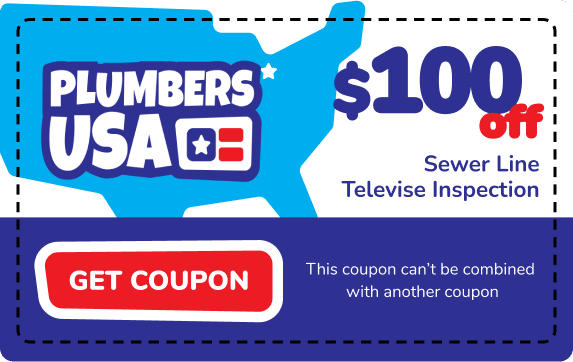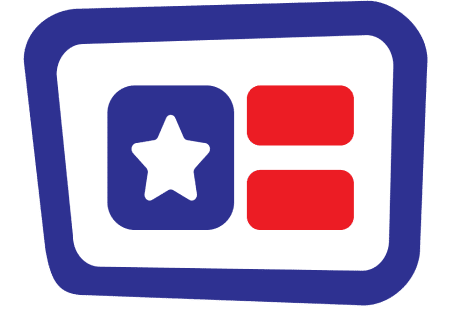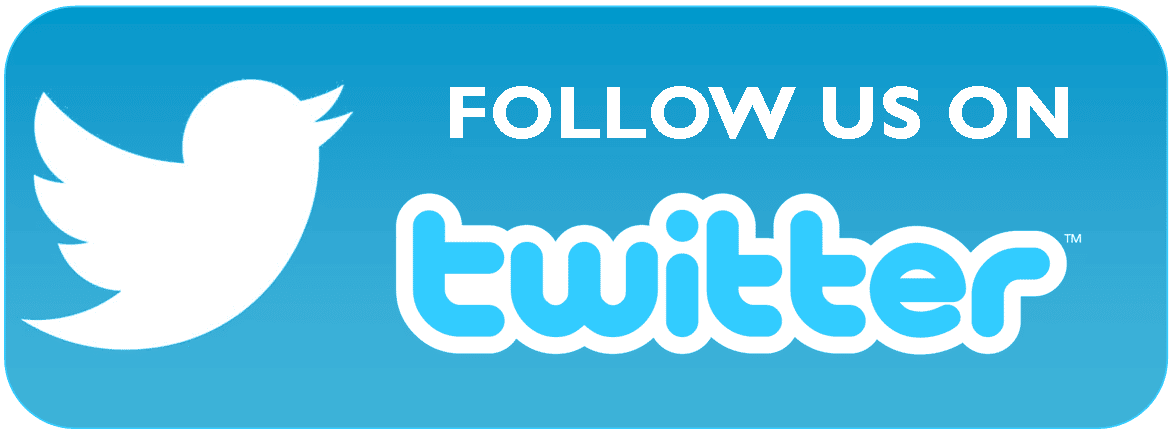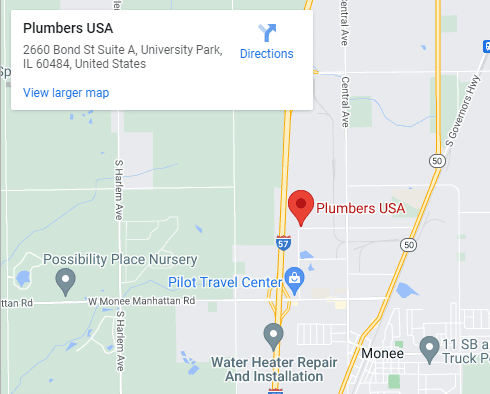Plumbing problems can be a real headache for homeowners. From leaky faucets and clogged drains to low water pressure and water heater problems, plumbing issues can quickly escalate into costly repairs if not addressed promptly. Fortunately, there are several preventative measures you can take to keep your plumbing in top shape and avoid these common problems altogether. In this article, we’ll explore some of the most effective ways to prevent common plumbing problems and keep your home’s plumbing system running smoothly.
Causes of Plumbing Problems
Before we dive into preventative measures, it’s important to understand some of the common causes of plumbing problems. One of the most common causes is old or outdated plumbing systems. Over time, pipes can rust and deteriorate, leading to leaks, clogs, and other issues. Another common cause of plumbing problems is improper installation or DIY repairs. If plumbing fixtures are not installed correctly or if repairs are not done properly, it can lead to leaks and other issues down the line.
In addition to these causes, other factors such as hard water, tree roots, and sewer line backups can also contribute to plumbing problems. Understanding these causes can help you take the necessary steps to prevent plumbing issues from occurring in the first place.
Signs of Plumbing Problems
In order to prevent plumbing problems, it’s important to be able to recognize the signs of potential issues. Some common signs of plumbing problems include slow draining sinks or showers, foul odors coming from drains, low water pressure, and water stains on walls or ceilings. Additionally, if you notice any leaking pipes or fixtures, it’s important to address the issue right away to prevent further damage.
By recognizing these signs early on, you can take action to prevent small problems from turning into costly repairs down the line.
How to Prevent Clogged Drains
Clogged drains are one of the most common plumbing problems homeowners face. Fortunately, there are several preventative measures you can take to avoid this issue. One of the easiest ways to prevent clogs is to be mindful of what goes down your drains. Avoid pouring grease, oil, or coffee grounds down the sink, as these can all contribute to clogs. In addition, use a drain strainer to catch hair and other debris before it goes down the drain.
Regularly cleaning your drains is also important for preventing clogs. Pouring boiling water down the drain once a week can help dissolve any buildup and keep your pipes flowing smoothly. Additionally, using a mixture of baking soda and vinegar can help break down clogs and keep your drains clear.
How to Prevent Leaky Pipes
Leaky pipes can be a major headache for homeowners, and they can also lead to water damage and mold growth if not addressed promptly. To prevent leaks, it’s important to regularly inspect your pipes for any signs of damage or wear. This includes checking for rust, corrosion, or any cracks or holes in the pipes.
In addition, it’s important to properly insulate your pipes to prevent them from freezing and cracking during the winter months. This can help prevent leaks and other issues caused by cold weather.
How to Prevent Low Water Pressure
Low water pressure can be frustrating for homeowners, but it can also be a sign of a larger plumbing issue. To prevent low water pressure, it’s important to regularly inspect your pipes and fixtures for any signs of damage or wear. This includes checking for leaks, clogs, or any corrosion on the pipes.
In addition, it’s important to regularly clean your fixtures, including showerheads and faucets, to prevent buildup and maintain good water flow. If you’re experiencing low water pressure, it’s important to address the issue right away to prevent further damage to your plumbing system.
How to Prevent Water Heater Problems
Water heater problems can be a major headache for homeowners, especially during the winter months. To prevent issues with your water heater, it’s important to regularly inspect and maintain the unit. This includes flushing the tank to remove any sediment buildup and checking the temperature and pressure relief valve to ensure it’s functioning properly.
In addition, it’s important to regularly check for any signs of leaks or damage to the unit. If you notice any issues with your water heater, it’s important to address them right away to prevent further damage and ensure your unit is functioning properly.
Plumbing Maintenance Checklist
To keep your plumbing system in top shape, it’s important to regularly perform maintenance tasks. Here’s a checklist of some of the most important tasks to perform:
- Inspect your pipes and fixtures for any signs of damage or wear
- Regularly clean your drains to prevent clogs
- Insulate your pipes to prevent freezing and cracking
- Check your water pressure regularly and address any issues promptly
- Maintain your water heater by flushing the tank and checking the temperature and pressure relief valve
By regularly performing these tasks, you can help prevent plumbing issues from occurring and keep your system functioning smoothly.
When to Call a Professional Plumber
While preventative measures can go a long way in preventing plumbing problems, there may be times when you need to call in a professional plumber. Some issues, such as sewer line backups or major leaks, require the expertise of a trained professional. If you’re experiencing any issues with your plumbing system that you’re not comfortable addressing on your own, it’s important to call in a professional plumber to assess the situation and make any necessary repairs.
Conclusion
Plumbing problems can be a major headache for homeowners, but with some basic preventative measures and maintenance, you can avoid these common issues and keep your plumbing system functioning smoothly. By understanding the causes of plumbing problems, recognizing the signs of potential issues, and taking the necessary steps to prevent clogs, leaks, low water pressure, and water heater problems, you can save yourself a lot of hassle and money down the line. And if you do run into any issues, don’t hesitate to call in a professional plumber to address the problem and ensure your plumbing system is functioning properly.

